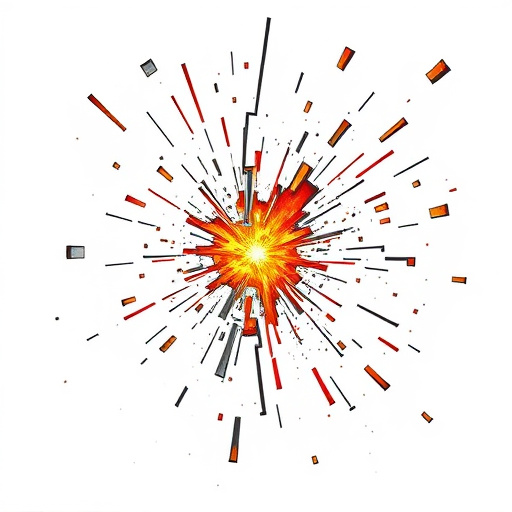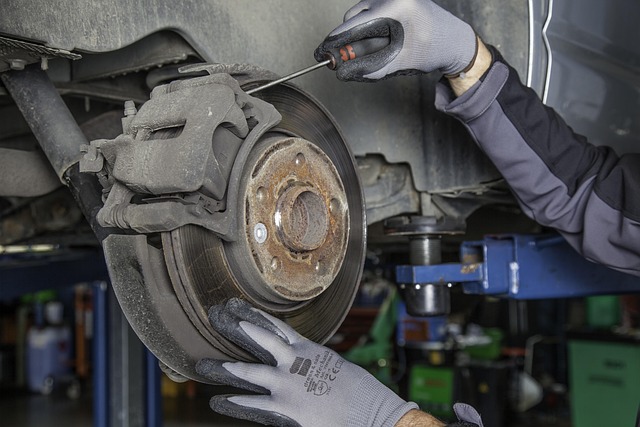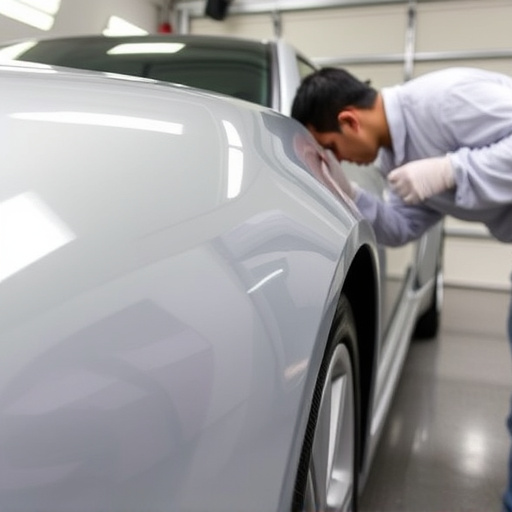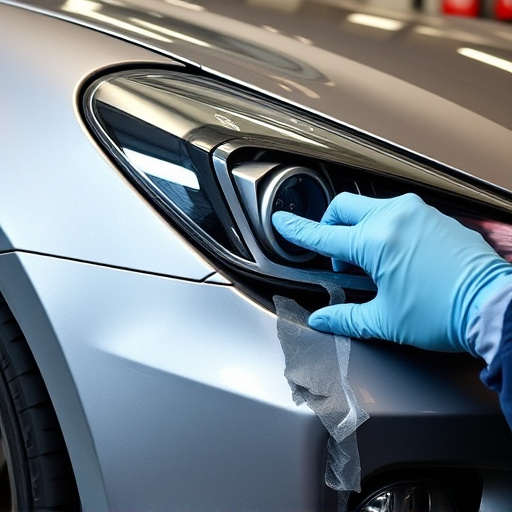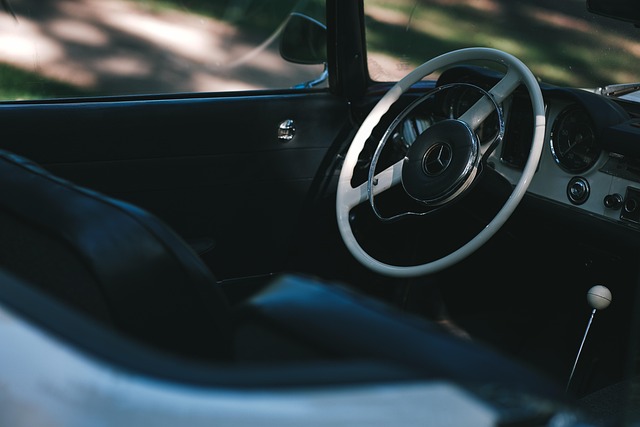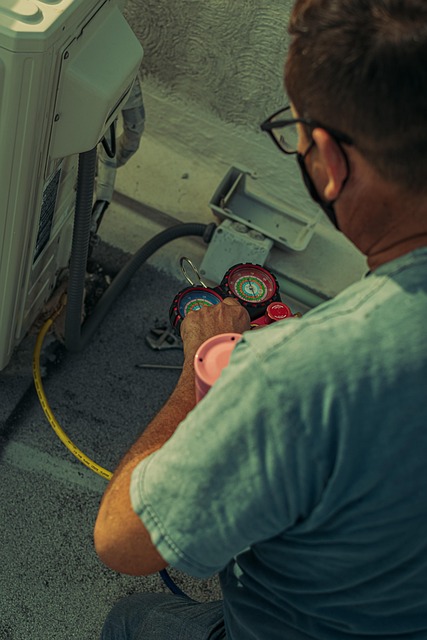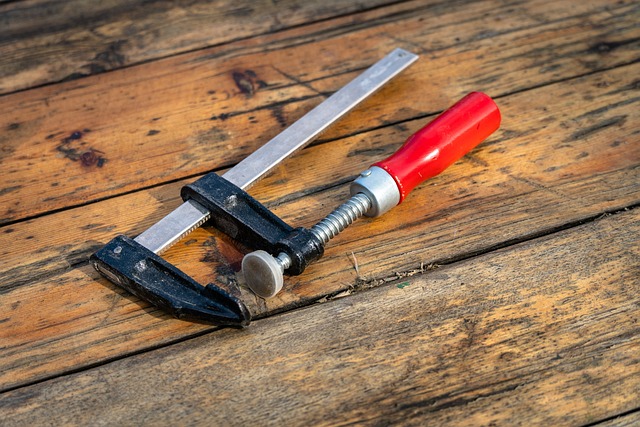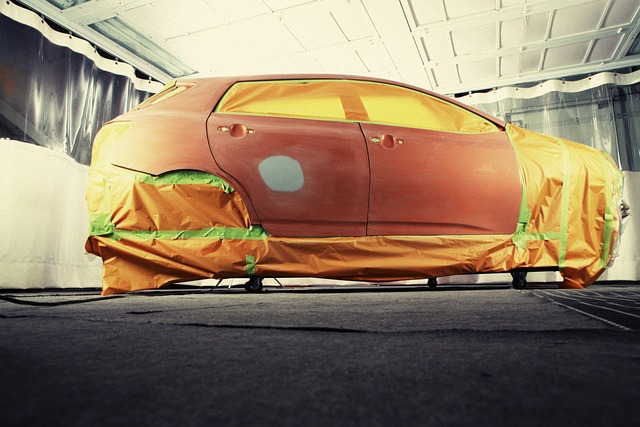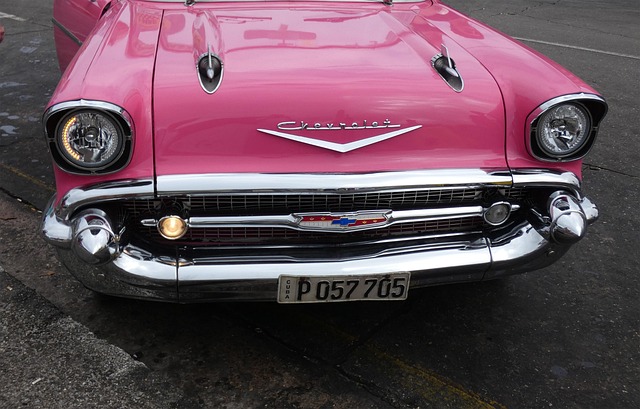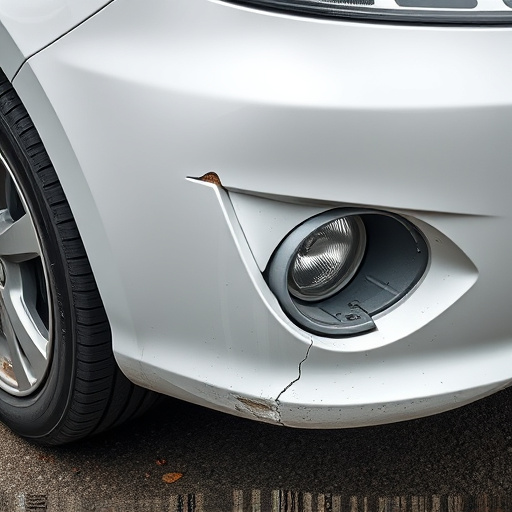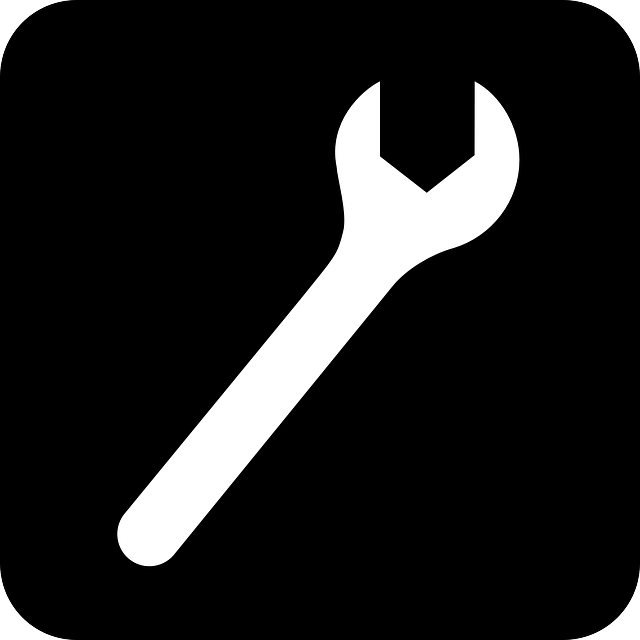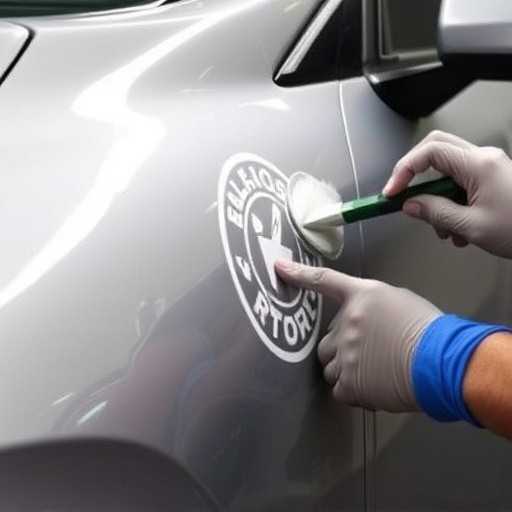Before starting any car collision repair, conduct a thorough inspection of the vehicle's exterior and interior for damage. Assess safety-critical components like brakes, airbags, and lights to ensure they're functional. Understand the repair process, including paint techniques and part replacements, to make informed decisions about your car's restoration. This proactive approach guarantees both high-quality collision repairs and your safety on future drives.
Before embarking on the journey of car collision repair, several crucial questions must be asked. Understanding the extent of damage, ensuring structural integrity, and selecting a reputable repair facility are paramount. In this article, we delve into the essential considerations: from assessing specific car areas affected to choosing OEM parts, cost transparency, and guaranteed quality. By asking these questions, you can navigate the process with confidence, ensuring your vehicle’s safety and top performance after repairs.
- Assessing the Damage and Understanding the Repair Process
- – What specific areas of the car were affected by the collision?
- – Are there any safety-related components that need to be replaced or repaired?
Assessing the Damage and Understanding the Repair Process

Before any car collision repair begins, it’s crucial to assess the damage and understand the process that lies ahead. This initial step is vital as it dictates the extent of auto body services required and the overall cost of repairs. Inspecting the vehicle closely, looking for dents, scratches, or any misalignments, gives a clear picture of what needs attention. Additionally, checking the condition of the frame is essential; minor twists or bends might go unnoticed at first glance but could lead to long-term structural issues if not addressed during auto frame repair.
Understanding the repair process involves learning about various techniques used in vehicle paint repair and other specialized services. Knowing how technicians plan to fix each damage area ensures you’re informed about the work involved. It’s beneficial to inquire about replacement parts, whether original equipment manufacturer (OEM) parts or high-quality equivalents, as this impacts both the aesthetics and longevity of the car after collision repair. This knowledge empowers you to make informed decisions before the actual repairs commence.
– What specific areas of the car were affected by the collision?

Before any car collision repair begins, it’s crucial to conduct a thorough inspection to identify all affected areas. This involves closely examining the exterior and interior of the vehicle for signs of damage. Start by checking for dents, cracks, or broken parts, focusing on areas like the fenders, doors, hood, and trunk. These are often the most visible indicators of a collision. Additionally, inspect the less obvious regions such as the chassis, suspension components, and even the interior trim for any potential hidden damage.
Paying close attention to these details is essential when deciding upon the scope of car collision repair. For instance, in the case of a Mercedes-Benz or any high-end automotive brand, specialized knowledge and parts might be required to restore it to its original condition. Consulting with a reputable collision repair center can provide valuable insights into the process and ensure that every aspect of your vehicle’s repair is handled expertly, whether you’re dealing with minor bumps or significant accidents.
– Are there any safety-related components that need to be replaced or repaired?

Before any car collision repair begins, it’s crucial to assess whether any safety-related components require replacement or repair. This includes parts like brakes, airbags, seatbelts, and lighting systems. These elements are not just for comfort; they’re vital for your safety during future drives. A reputable vehicle body shop will conduct a thorough inspection to ensure these critical systems are in optimal working order before proceeding with any auto body painting or repair work.
Neglecting to address even a small faulty component can compromise the structural integrity and overall safety of your vehicle. Therefore, it’s essential to ask questions about the condition of these parts during the consultation process. Knowing that your car collision repair is handled by professionals who prioritize both quality auto body repair and safety will give you peace of mind as you get your vehicle back on the road.
Before commencing any car collision repair, it’s vital to ask specific questions to ensure a thorough and safe restoration. By understanding the extent of the damage and the repair process, owners can make informed decisions. Remember to inquire about the affected areas, particularly safety-critical components, to guarantee that your vehicle is safely restored to its pre-collision condition. This proactive approach ensures peace of mind and enhances the chances of a successful car collision repair outcome.
